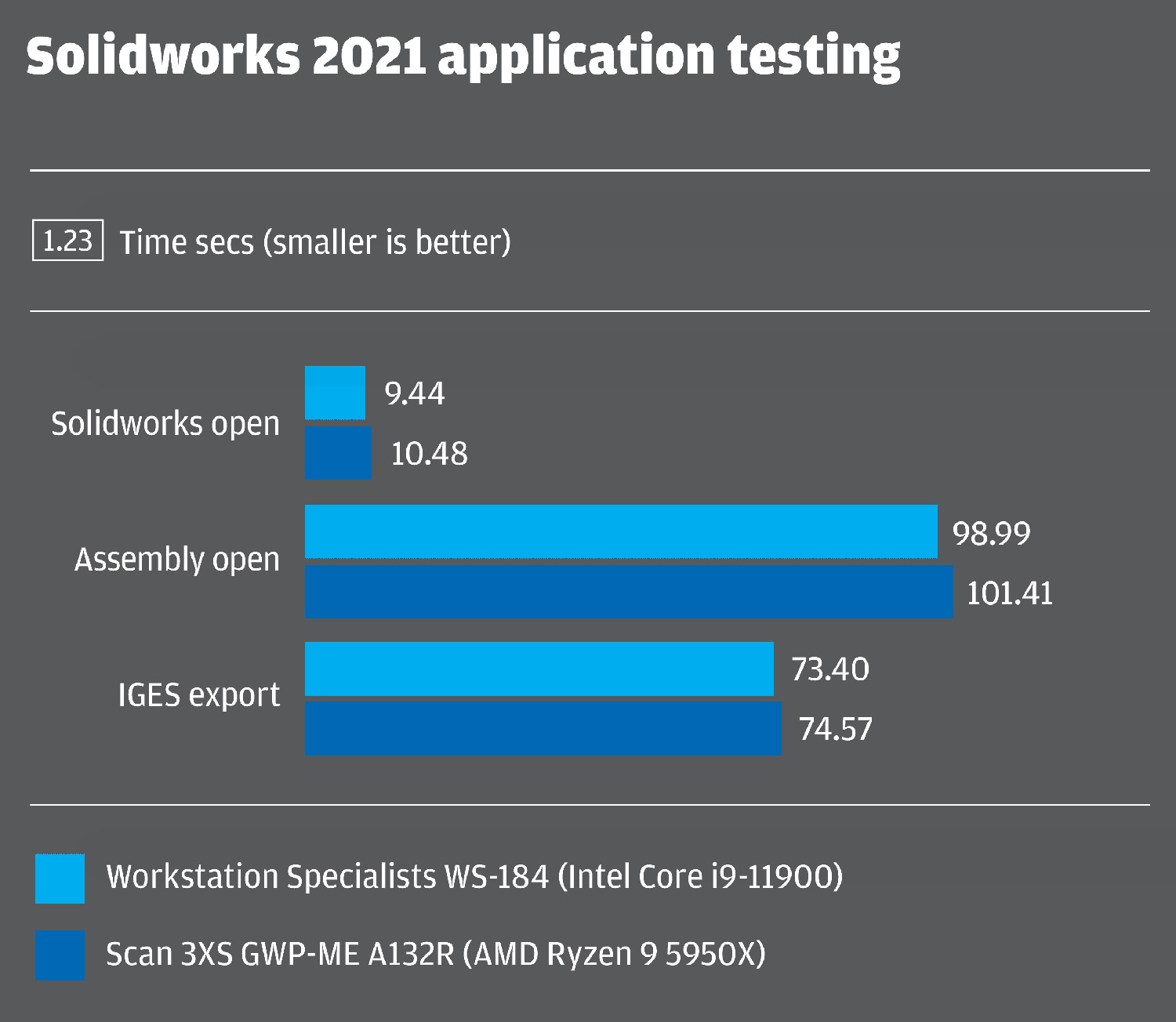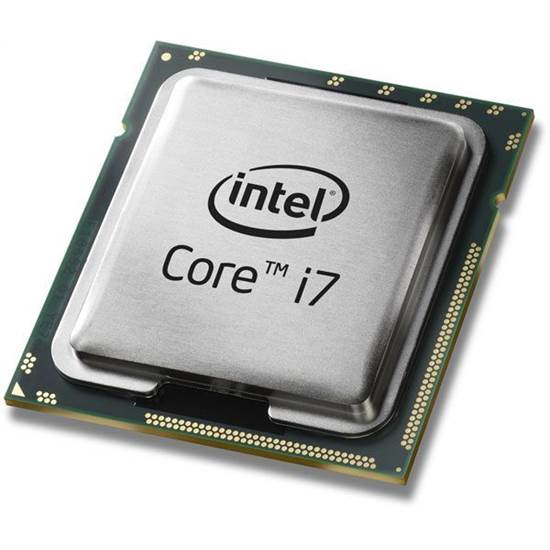

I made a similar statement in one of my replies stating “Anything can be a server, even a Raspberry Pi. Some servers need more redundancy than others, but they are still performing a server’s role.” Anything can be a server, even a Raspberry Pi. As one commenter going by Jack in the comments thread so eloquently stated “A server is a function, not a piece of hardware. You’ll notice that the definition of a server mentions nothing about the hardware it resides on, but rather the services it provides to other computers and devices on the network. Wikipedia defines a server as: A server is a computer program or a device that provides functionality for other programs or devices, called “clients”. Webster’s defines a server as: A computer in a network that is used to provide services (as access to files or shared peripherals or the routing of e-mail) to other computers in the network. So XEON vs Core i7? Which is better? Let’s find out! XEON vs Core i7: First, What Constitutes a Server?īefore we get into this XEON vs Core i7 battle, the first thing we need to get an understanding of is what actually constitutes a server (hint: It’s not hardware). In fact, many of our so-called experts were even wrong on what constitutes a server in the first place.

I think you’ll find it of little to no surprise that many of these commenters were making baseless claims on things they really didn’t even understand. The YouTube comments immediately erupted with naysayers commenting on my CPU choice with the likes of “That’s not a server, its 1U Desktop”, or “No ECC RAM, not a server.” These threads quickly turned to debates over whether an Intel XEON was better than in Intel Core i7. I chose to build this server with an Intel Core i7-6700K. I recently did a video and article on Building a Bad Ass 1U Server.


 0 kommentar(er)
0 kommentar(er)
